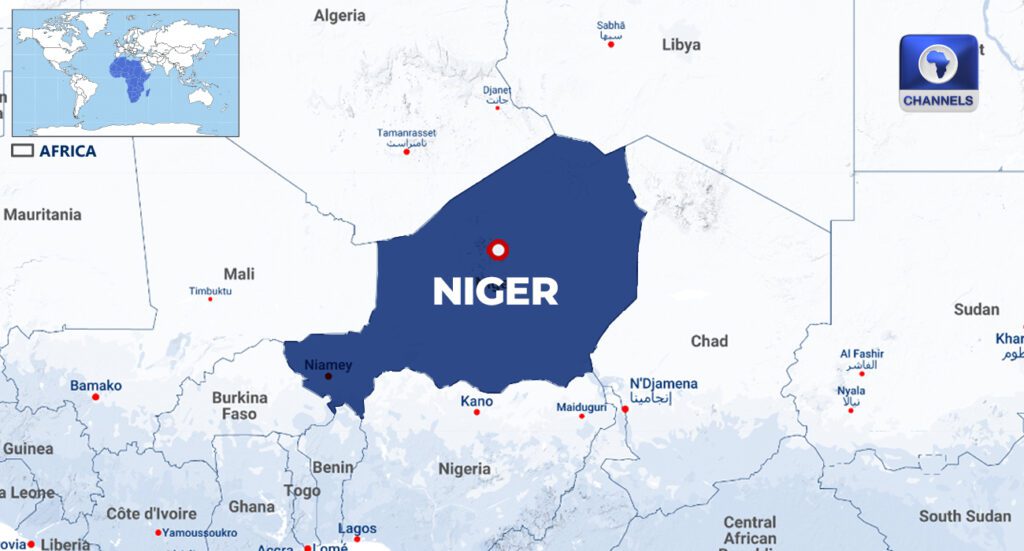Niger has imposed a ban on the export of rice, cereals, and other food items to all countries except Burkina Faso and Mali, in a bid to protect its local supply and curb inflation. The decision was made by the country’s military authorities, led by Junta chief Abdourahamane Tiani, who aims to make essential goods more accessible to the masses.
According to a government statement, the banned products include legumes such as cowpea, as well as cereals like millet, sorghum, and corn. The move is seen as a necessary measure to address the high inflation rates affecting certain food items in the Sahel nation. Punishments for those found infringing the ban will range from shipment seizures to criminal penalties.
As a key regional supplier of cereals, Niger’s decision is likely to have a ripple effect on neighboring countries, particularly Nigeria. The sanctions imposed by the Economic Community of West African States (ECOWAS) in the wake of the July 2023 coup were lifted in February, but their impact on Niger’s markets is still being felt. The closure of the border with Benin has also contributed to the disruption in food supplies.
In a bid to mitigate the effects of the ban, the agriculture minister has vowed to purchase part of the farmers’ harvests to fill the country’s emergency reserves. Despite the challenges posed by major flooding across the country, the ministry remains hopeful of a good agricultural harvest.
The floods, triggered by torrential downpours since the start of the rainy season, have displaced over 1.5 million people and claimed 339 lives, according to the civil protection agency. In response, the authorities in Niamey have announced a 35 percent reduction in the price of cement to help those affected rebuild their homes. The devastating impact of the floods has once again highlighted the urgent need to address climate change, which scientists warn is making extreme weather events more frequent and intense.
The move by Niger’s military authorities to prioritize local food supply is a clear indication of the country’s determination to address its economic challenges and ensure the well-being of its citizens. As the country navigates the complexities of regional trade and climate change, its decision to impose an export ban on essential food items will undoubtedly have far-reaching implications for the region.
